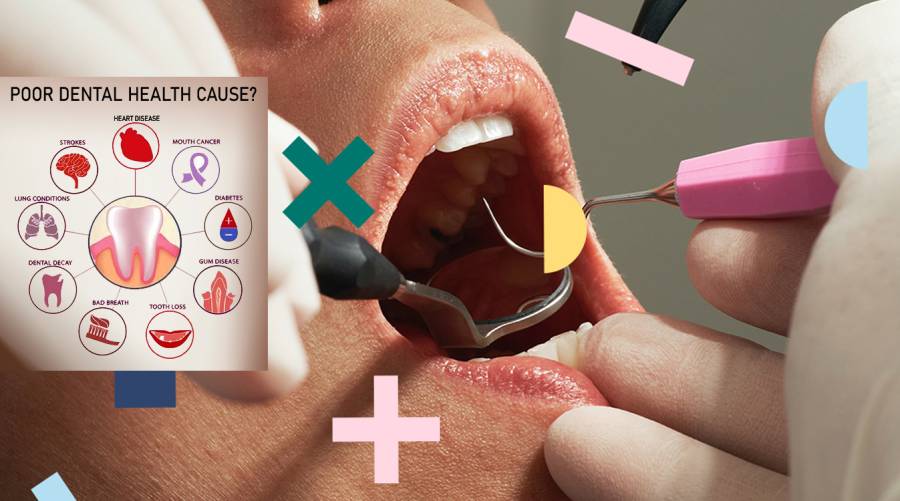
The significance of maintaining good oral hygiene to stave off dental ailments is widely acknowledged, but recent research has shown an unexpected nexus between oral health and cognitive well-being, highlighting the potential of dental care in averting conditions like Alzheimer's disease.
As per the World Health Organization's 2022 report, an estimated 1 billion individuals across the globe grapple with severe periodontal disease—a chronic inflammation of the gums and supporting dental structures.
Recent observational studies have sparked a debate regarding the interplay between oral health and Alzheimer's disease, the most prevalent form of dementia.
Anita Visser, a geriatric dentistry expert at the University of Groningen in the Netherlands, advises that it is imperative for individuals to be cognizant of the importance of maintaining oral health.
Findings from an examination involving aging nuns showed that severe tooth loss is correlated with a dementia risk up to 6.4 times greater than that of individuals with fewer lost teeth.
Recent longitudinal studies have unearthed a link between tooth loss and cognitive decline. A study from 2016 identified a six-fold increase in cognitive deterioration among patients with mild to moderate dementia who suffered from periodontitis.
In 2017, a study encompassing nearly 28,000 Taiwanese patients disclosed a 1.7-fold rise in the risk of Alzheimer's disease among those afflicted with chronic periodontal disease for a decade or more.
A comprehensive meta-analysis in 2022, amalgamating data from 47 longitudinal studies, fortified the correlation between tooth loss, subpar oral health, cognitive decay, and dementia.
While these findings show a plausible link between oral and cognitive health, it is imperative to acknowledge that causation remains inconclusive. It is plausible that the heightened prevalence of dental issues among dementia patients may be a symptom rather than the cause of cognitive degeneration.
Additional factors, including smoking, lower educational attainment, and the secondary repercussions of tooth loss on nutrition and overall well-being, further complicate this intricate association.
Prof Anita Visser aptly concludes, "We cannot definitively assert that periodontitis invariably leads to Alzheimer's disease, but it is now evident that severe periodontitis heightens the probability of succumbing to Alzheimer's."


